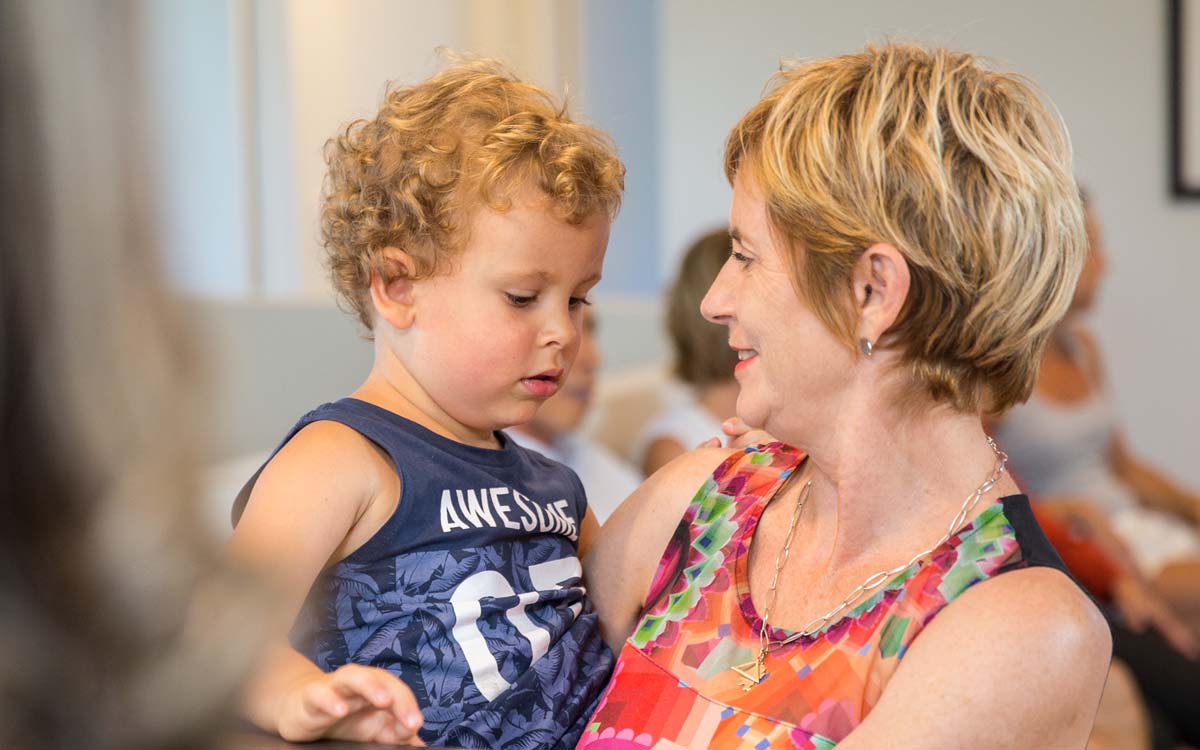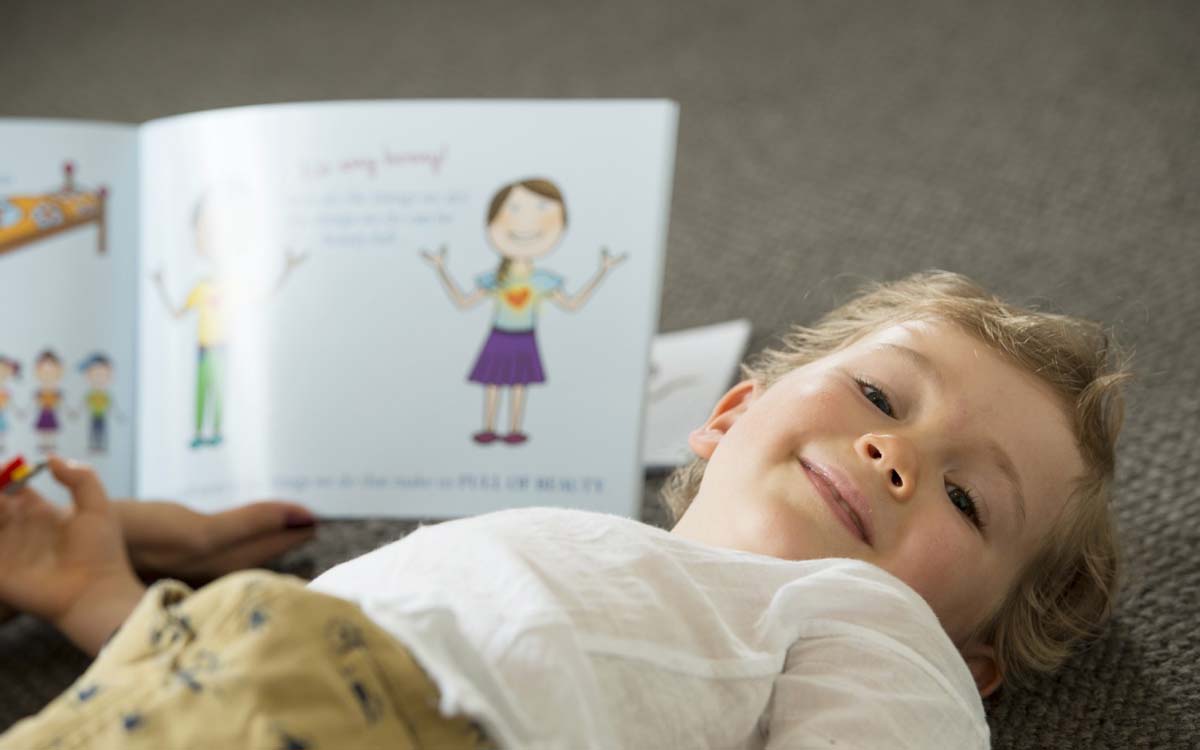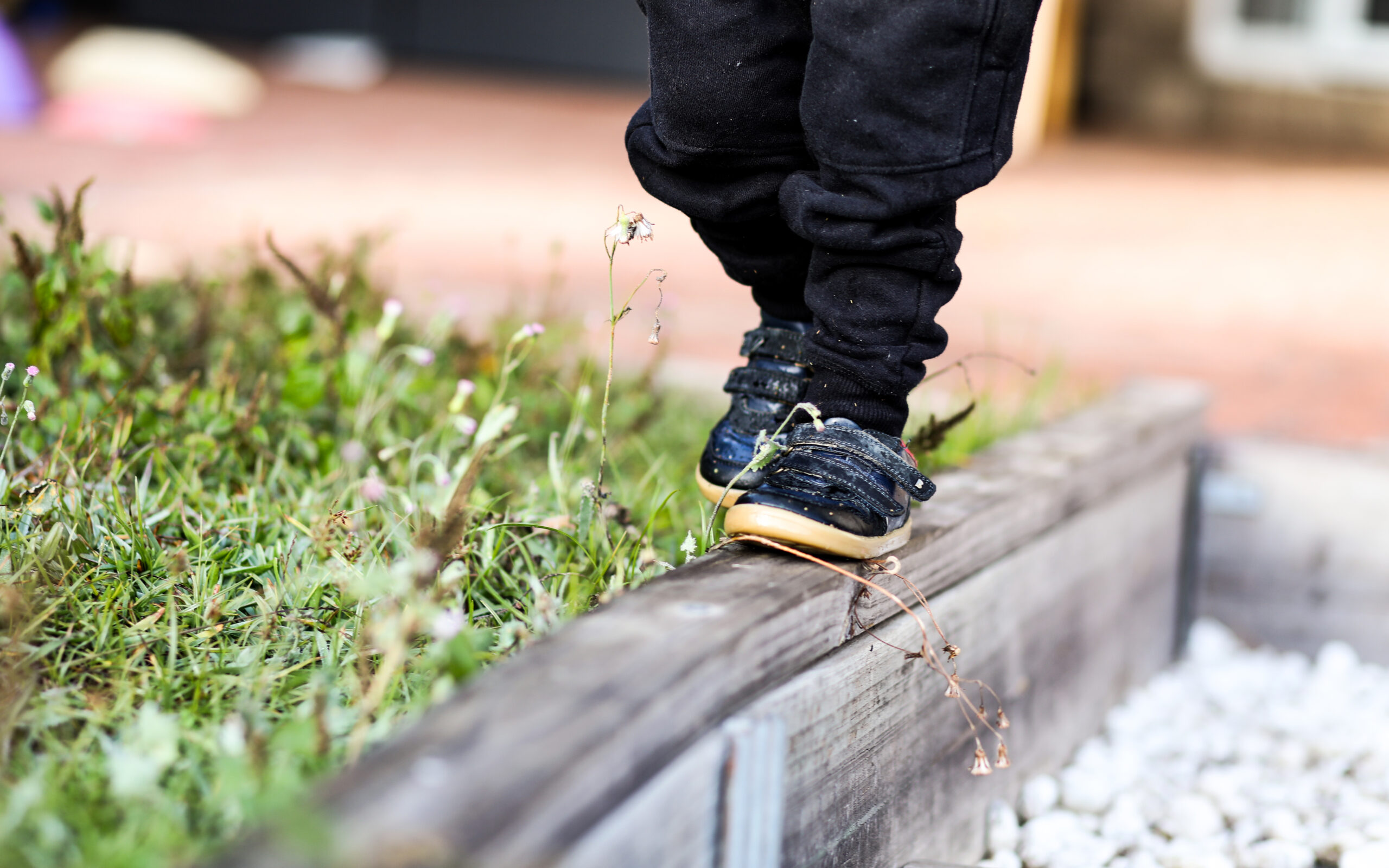When hearing the phrase ‘building foundations’, we might be reminded of a house and how important it is that any built structure, from the family home to a skyscraper, be based on a solid foundation.
But what about our interactions with other people? Is it possible that they need a foundation as well? And especially interactions in a clinical setting?
For Tanya Curtis, the most important thing is building a foundation for every session, whether she has seen a client on and off for five years or whether they come for the first time. That person needs to feel safe, they need to be seen and valued for who they are not what they do, especially when it comes to behaviour change. “A person is not their behaviour”, no matter the intensity of the non-preferred or unwanted behaviour or the level of ‘disruption’.
Every person needs to feel safe ‘to go there’, especially when the topic might be confronting and it gets a bit uncomfortable. They need to know and feel that the practitioner has their back and knows them to be absolutely equal.
For Tanya Curtis this means that she has her strengths and weaknesses, just as everybody who comes for a session has their strengths and weaknesses – these might be different to hers, but in the end we are all the same in that we are different.
Tanya also acknowledges that for a lot of people, just walking through her door is in itself already a massive step. And thus her job – to offer a foundation where a person can feel safe to address what needs addressing and explore where this takes them. A foundation that is free of judgment and where they are met with understanding and one of Tanya’s favourite questions:
“I wonder why?”
This question alone already demonstrates that Tanya Curtis and the staff at FABIC come from a foundation of zero judgment, zero imposition and zero inequality.
It demonstrates that changing behaviour and judgment to not go together and that nobody is ever their behaviour.






